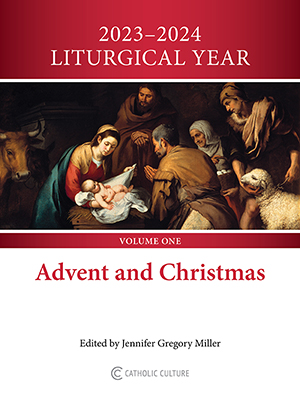Faithful Citizenship in November and Beyond
by Most Rev. Francis X. DiLorenzo, Bishop Paul S. Loverde
Last year, speaking about the need to engage in the political process, Pope Francis said, “We need to participate for the common good. Sometimes we hear: a good Catholic is not interested in politics. This is not true: good Catholics immerse themselves in politics by offering the best of themselves so that the leader can govern.”
As we approach Election Day – Tuesday, November 4 – we remember that “offering the best” of ourselves means voting with well-formed consciences, drawing on the consistent moral teachings of our Catholic faith.
To ensure our parishioners have correctly formed consciences, we offer what we believe is an essential three-part framework, which we have shared with you before previous elections. We invite you to consider this framework prayerfully as you prepare to make important decisions this November and beyond.
- Many issues are important. “Every human being has a right to life, the fundamental right that makes all other rights possible, and a right to access to those things required for human decency – food and shelter, education and employment, health care and housing, freedom of religion and family life.” Forming Consciences for Faithful Citizenship, para. 49. This consistent ethic of life provides the proper moral foundation for our engagement in political life. As Catholics, we must seek the best ways to respond to the many needs of our neighbors, at every stage of life and in every condition. Indeed, we must be attentive to all issues that affect human life and dignity and the common good.
- Not all issues have equal moral weight. Some practices are intrinsically evil – that is, always incompatible with love of God and neighbor. “[T]he moral obligation to oppose intrinsically evil acts has a special claim on our consciences and our actions.” Forming Consciences for Faithful Citizenship, para. 37. Examples include abortion (which occurs more than a million times each year in the U.S.), euthanasia, human cloning, destructive research on human embryos, genocide, torture, racism, and the targeting of noncombatants in acts of terror or war. Not all of these issues occur in the context of the present election, but many, such as abortion, do. It is also essential to note that God is the author of marriage, and therefore marriage has a built-in design and purpose that cannot be redefined. The institution of marriage, rooted in the natural law, is integral to the common good because it is the building block of the family and society, despite what the legal courts decide.
- When the issue is whether to protect or deny the fundamental right to life, it outweighs other matters. Among acts that are intrinsically evil, those that directly attack life itself, the clearest example of which is abortion, are the foremost violations of human dignity. The right to life is the foundation upon which all other human rights are based and without which no other right could possibly exist. The right to life is indeed our first right, and protecting life to the maximum degree possible must be our highest priority.
To learn more about conscience formation and faithful citizenship, please visit the Virginia Catholic Conference’s website (www.vacatholic.org). The Conference’s site offers a variety of pre-election resources, including a list of questions – on issues of particular concern to the Church and many Catholics – that we encourage you to ask the candidates on your ballot directly before you vote.
Embracing our dual heritage as faithful Catholics and American citizens, let our moral principles guide our decisions in the voting booth and direct our dialogue in the public square.
Faithfully Yours in Christ,
Most Reverend Paul S. Loverde
Bishop of Arlington
Most Reverend Francis X. DiLorenzo
Bishop of Richmond
© Catholic Diocese of Arlington
This item 10714 digitally provided courtesy of CatholicCulture.org







